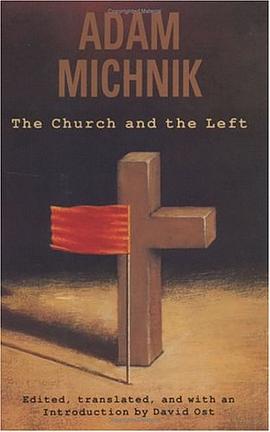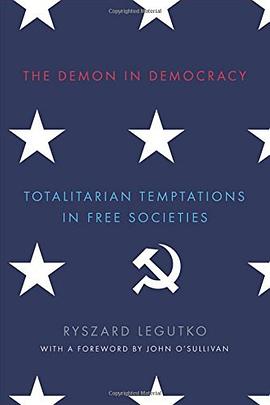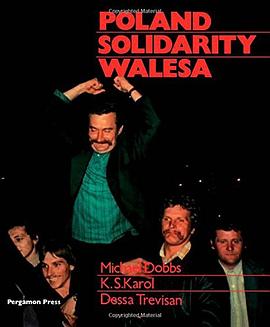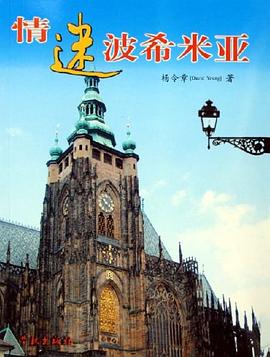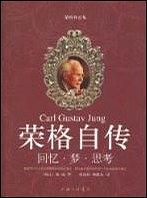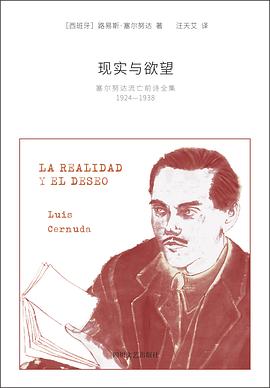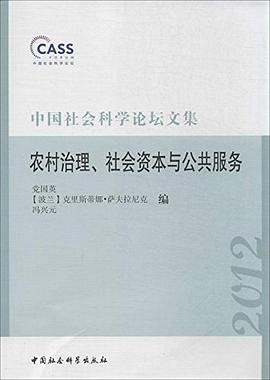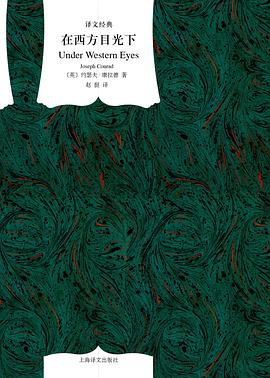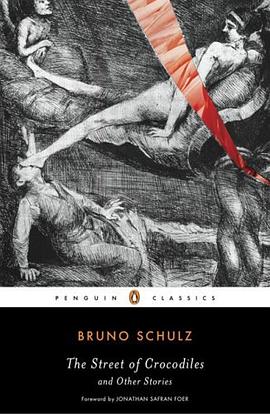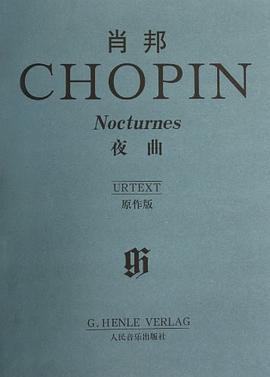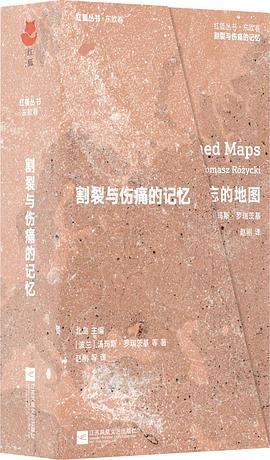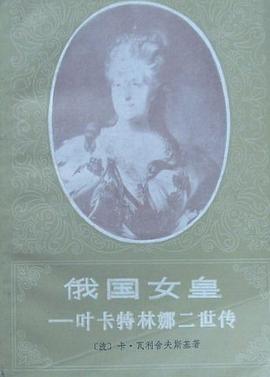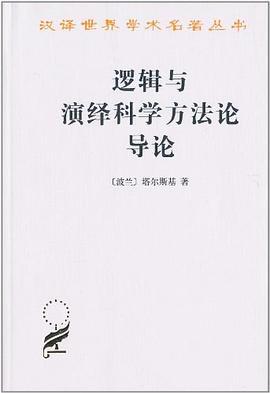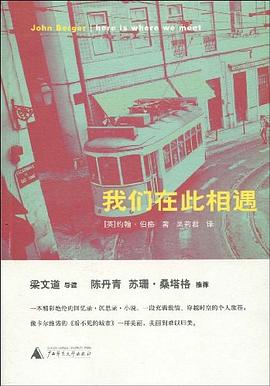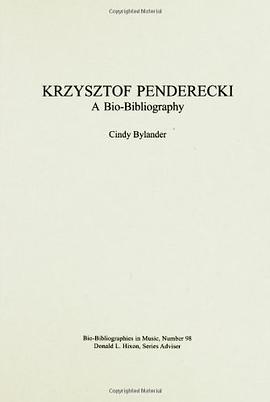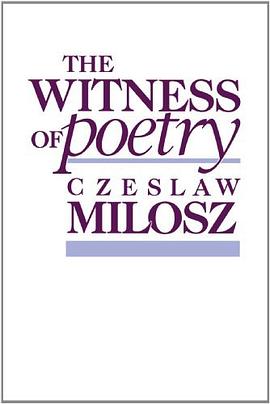

具体描述
Czeslaw Miosz, winner of the 1980 Nobel Prize for Literature, reflects upon poetry's testimony to the events of our tumultuous time. From the special perspectives of "my corner of Europe," a classical and Catholic education, a serious encounter with Marxism, and a life marked by journeys and exiles, Milosz has developed a sensibility at once warm and detached, flooded with specific memory yet never hermetic or provincial. Milosz addresses many of the major problems of contemporary poetry, beginning with the pessimism and negativism prompted by reductionist interpretations of man's animal origins. He examines the tendency of poets since Mallarme to isolate themselves from society, and stresses the need for the poet to make himself part of the great human family. One chapter is devoted to the tension between classicism and realism; Milosz believes poetry should be "a passionate pursuit of the real." In "Ruins and Poetry" he looks at poems constructed from the wreckage of a civilization, specifically that of Poland after the horrors of World War II. Finally, he expresses optimism for the world, based on a hoped-for better understanding of the lessons of modern science, on the emerging recognition of humanity's oneness, and on mankind's growing awareness of its own history.
作者简介
Czeslaw Milosz was born June 30, 1911 in Seteiniai, Lithuania, as a son of Aleksander Milosz, a civil engineer, and Weronika, née Kunat. He made his high-school and university studies in Wilno, then belonging to Poland. A co-founder of a literary group "Zagary", he made his literary début in 1930, published in the 1930s two volumes of poetry and worked for the Polish Radio. Most of the war time he spent in Warsaw working there for the underground presses.
In the diplomatic service of the People's Poland since 1945, he broke with the government in 1951 and settled in France where he wrote several books in prose. In 1953 he received Prix Littéraire Européen.
In 1960, invited by the University of California, he moved to Berkeley where he has been, since 1961, Professor of Slavic Languages and Literatures.
Presented with an award for poetry translations from the Polish P.E.N. Club in Warsaw in 1974; a Guggenheim Fellow for poetry 1976; received a honorary degree Doctor of Letters from the University of Michigan, Ann Arbor, in 1977; won the Neustadt International Prize for Literature in 1978; received the "Berkeley Citation" (an equivalent of a honorary Ph.D.) in 1978; nominated by the Academic Senate a "Research Lecturer" of 1979/1980.
From Nobel Lectures, Literature 1968-1980, Editor-in-Charge Tore Frängsmyr, Editor Sture Allén, World Scientific Publishing Co., Singapore, 1993
目录信息
读后感
李文倩 本文将要讨论的核心问题,即文学与政治之间,有何种关系。在这个问题上,已有相当多的人,进行过激烈的争鸣。从现实的层面看,在这样的问题上,其实很难达成所谓的共识。因为争论而改变立场的,更是近乎于零。这里涉及的,其实有一个说理的限度问题。理性的论争过程,...
评分虽然作者和译者都是我很尊敬和喜欢的诗人,但是这本书却似乎缺乏内容的重量。只能说开卷有益了。 p91 只有在我们的时代,人类才开始设想同时发生的现象,并因此感到一种道德焦虑。。。。那些知道而不说的人;那些说而不知道的人。 p126 小卵石的坚固与人的软弱。
评分虽然作者和译者都是我很尊敬和喜欢的诗人,但是这本书却似乎缺乏内容的重量。只能说开卷有益了。 p91 只有在我们的时代,人类才开始设想同时发生的现象,并因此感到一种道德焦虑。。。。那些知道而不说的人;那些说而不知道的人。 p126 小卵石的坚固与人的软弱。
评分 评分原文地址:http://www.qh505.com/blog/post/1448.html 死亡并非是最大威胁;奴役常常才是。 其实,“那片空白”早就没有了诗歌,它在地理标注之上,仅仅如此,“里面帝国纷纷崩溃,曾经活着的人现在已经/死去”,这是欧洲呈现的没落,这是诗歌文明在现代技术世界里的没落,...
用户评价
已复印,
评分已复印,
评分已复印,
评分已复印,
评分已复印,
相关图书
本站所有内容均为互联网搜索引擎提供的公开搜索信息,本站不存储任何数据与内容,任何内容与数据均与本站无关,如有需要请联系相关搜索引擎包括但不限于百度,google,bing,sogou 等
© 2025 book.wenda123.org All Rights Reserved. 图书目录大全 版权所有

